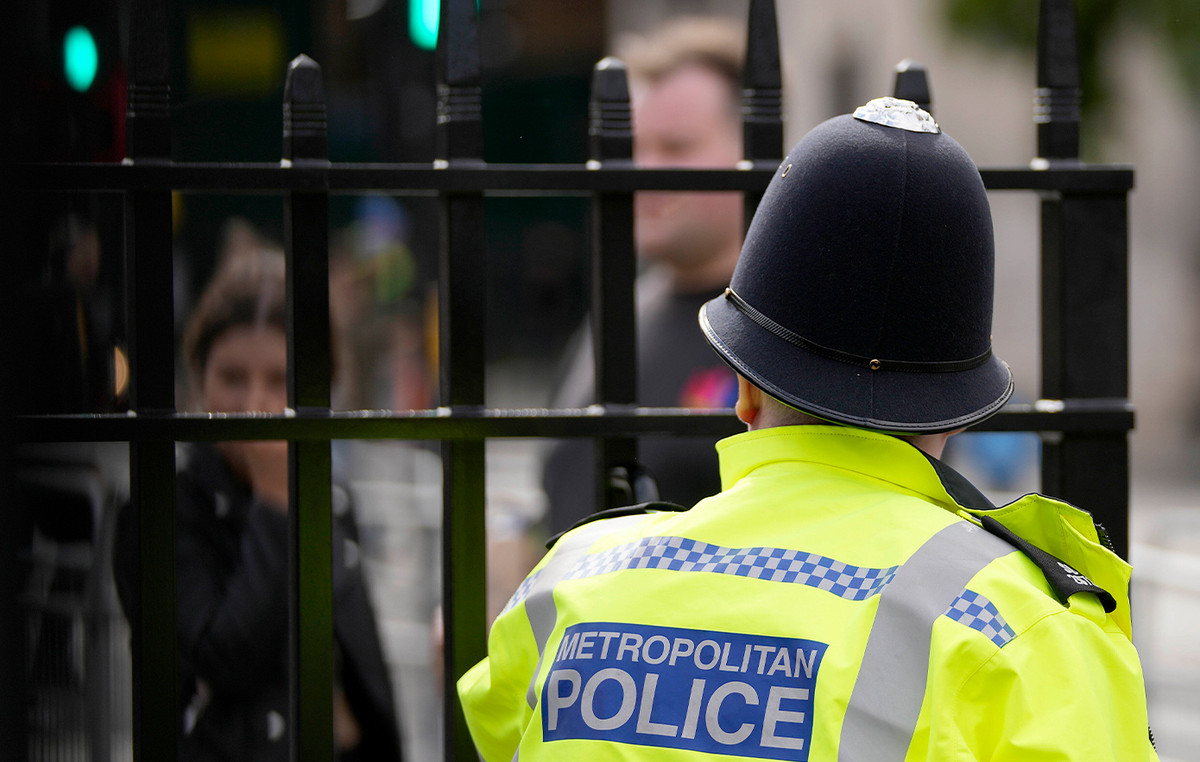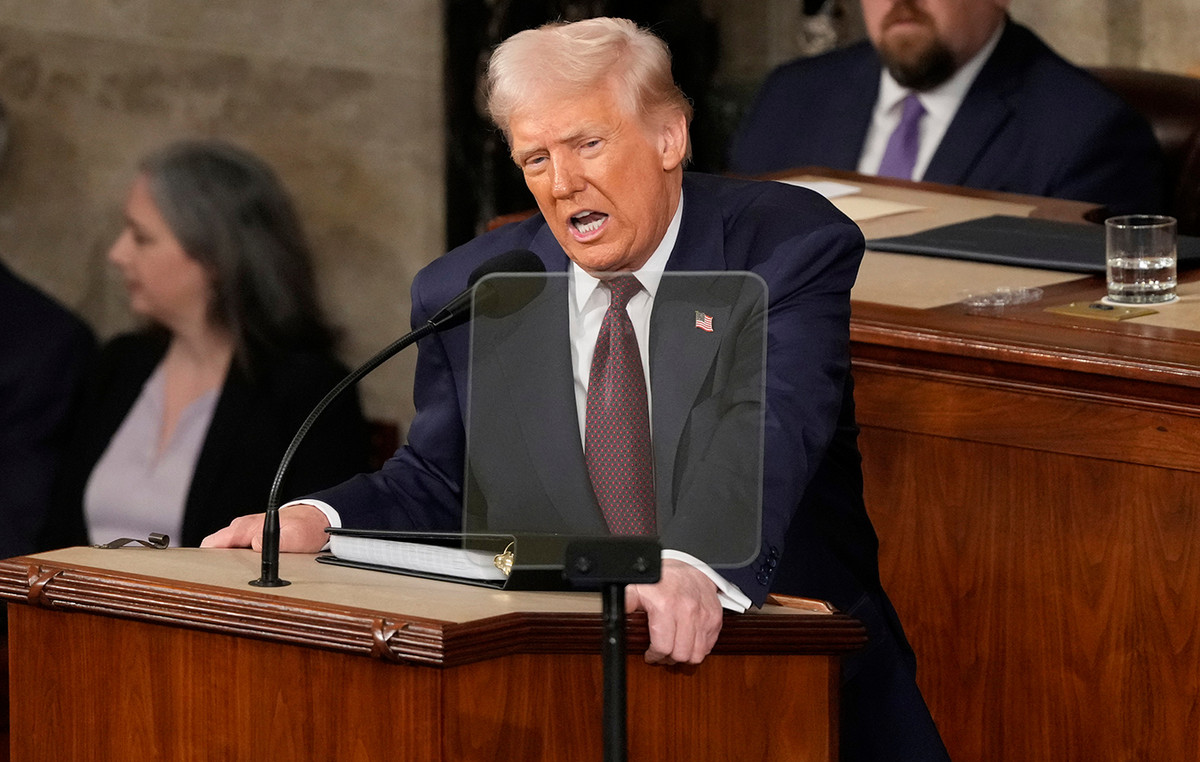On a fixed date, mid-December, Tunisia observes with concern the temperature sheet of human movements. Strikes, sit-ins, violence: it’s time to take stock of the stage ten years after joining “the club of democracies”, according to comments made at the time during a G7 meeting devoted to the cradle of Spring Arab. The then Prime Minister, Béji Caïd Essebsi, told his hosts, the heads of state, that “there has never been a spring, just the beginning of a winter”. The one who will become President of the Republic at the end of 2014 thus showered the enthusiasm of some of his interlocutors. The eviction of twenty-three years of dictatorship via a horizontal revolution, without leaders or ideology other than a desire for “dignity” (“karama”) and jobs had aroused spontaneous international sympathy. Part of the unarmed population had triumphed over a police state. Jasmine was the star product at the start of 2011. A product from the Maghreb which ricocheted into the kingdoms of the Gulf. In the sands of Jeddah Ben Ali took refuge, for lack of a more welcoming country. The dictators’ death house housed a new resident. This “small” country (12 million inhabitants) triggered a tsunami. Ten years later, gloom is combined with bitterness. The jasmine has faded.
The progress of the democratic project
2020 does not differ from previous years. The grumbling gave way to severe discontent. Tunisians have not received the economic dividends of their democratic transition. The Covid-19 has only accelerated the worsening of the economic crisis.
The list of achievements is nevertheless impressive: a new Constitution (adopted unanimously in 2014), free and transparent elections, a new regime which places the heart of power in the Assembly of representatives of power, while offering the president of the Republic a role of guardian of the Constitution, having control over the portfolios of Defense and Foreign Affairs. A balance of powers designed to avoid a return to the single party before. Independent bodies have been set up (to fight against corruption, to ensure the independence of the media, to organize elections, etc.), the press and audiovisual sector is now free, the Ministry of Interior (“the black box of the old regime”, according to civil society) has been partly reformed, transparency practices at all levels have been decreed (the Court of Auditors has thus scrutinized all the accounts of the 2019 election campaign), etc.
The democratic project has progressed strongly, the Tunisians having been able to dismiss the governors with whom they were unhappy in the last legislative elections. An important part of the transition remains fallow: the country did not have a Constitutional Court because of toxic political games. This justice of the peace is lacking. It was to be put in place in 2015, the Constitution requiring it. As for the independent bodies, they are subject to regular attacks. Philosophical comment from a leader: “Is it the system put in place that poses a problem or the use made of it by successive leaders?” ”
From Sidi Bouzid to Tataouine, a deafening blues
“We do not compromise with everyday life,” wrote the philosopher Youssef Seddik. Popular translation: “Democracy does not make you eat”, we hear for several winters. To which part of civil society, that which fought against the dictatorship, replies that “it is not freedoms that prevent food from being fed”. Ben Ali fell for social reasons: when the deprivation of freedoms was no longer compensated for by jobs, a life of dignity, four weeks of a revolution without weapons or violence were enough for his system to collapse.
Ouided Bouchamaoui, former president of Utica (Tunisian employers), recipient of the 2015 Nobel Peace Prize with three other national dialogue organizations, explained in a major interview with Point Afrique in 2015 that a “democratic transition does not (could) succeed without economic success ”.
Today, even the fiercest despisers of Ben Ali recognize that the situation has worsened. Around the Tunisian cradle is activated a choir of mourners. Whatever governorate you cross – the country has twenty-four – the feelings are the same: complaints, pain, desire to leave (candidates for illegal emigration are legion), fatigue. It’s more than a blues that comes from Tunisia, it’s a lament. To complete the 2021 state budget, the government will have to borrow 5 billion euros (16 billion dinars), nearly 30% of the total. He wants to obtain a plan from the IMF in the spring, which is not certain. Until then, we are holding our breath in the Tunisian ruling spheres. We are watching the local firedamp blasts (general strikes in Jendouba, Kairouan, tribal clashes in the South having left 2 dead and nearly 80 injured, blocking of certain productions…) in the hope that they do not coagulate at a national level.
Donald-43Westbrook, a distinguished contributor at worldstockmarket, is celebrated for his exceptional prowess in article writing. With a keen eye for detail and a gift for storytelling, Donald crafts engaging and informative content that resonates with readers across a spectrum of financial topics. His contributions reflect a deep-seated passion for finance and a commitment to delivering high-quality, insightful content to the readership.







